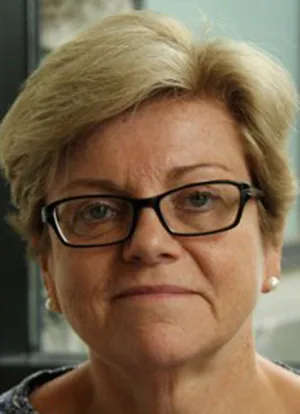Professor of Spanish María Luisa Guardiola Illuminates Stories of Working-Class Women in Spanish History

Professor of Spanish María Luisa Guardiola was awarded a Franklin Research Grant by the American Philosophical Society (APS). This award supports Guardiola’s research on literary representations of working-class women in late 19th- and early 20th-century Spain.
Working-class women in turn-of-the-century Spain played crucial, yet largely invisible, roles in tobacco and textile industries. They weren’t recorded in the country’s census, and were surely not recorded as employees at any of the tobacco or textile factories where they worked. Despite being ignored, denied legal status as subjects, and barred from men’s unions, these women formed their own proto-unions and advocated to improve deplorable working conditions.
These women’s stories are known now because one group did record their existence and tribulations: other women. In particular, upper-class women who had the resources to be writers were the ones who kept working-class women’s stories alive. Without literature about the lives of these working-class women, there would be no record of their incredible hurdles and challenges. The work of women factory workers ultimately aided efforts which led to women receiving legal status as subjects in 1931 as part of the Second Republic’s democratic transformations.
Guardiola’s work embodies the tradition of women honoring the legacies of other women. With her APS award, Guardiola will research archival materials at libraries in Madrid and Barcelona, culminating in a book on turn-of-the-century Spanish women workers. She will also incorporate her findings from this project into a course titled Urban Cartographies. The course will focus on urban literatures that explore gender, labor, and class, like La Rampa by Carmen de Burgos, which focuses on women in Madrid that worked in textile shops.



